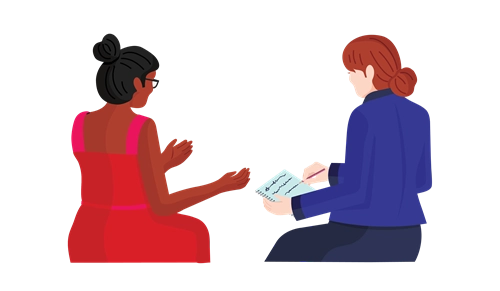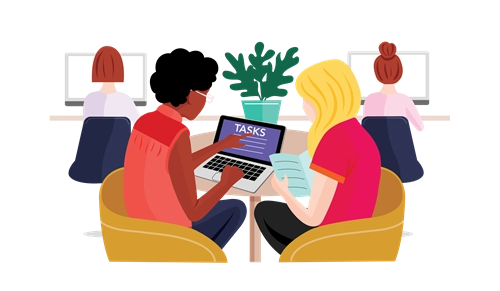Occupational Therapists
Occupational Therapists assess functional limitations of people resulting from illnesses and disabilities, and provide therapy to enable people to perform their daily activities and occupations.
Fun facts
-
1749 Weekly Pay Before Tax
-
58% full-time Full-Time Share
-
92% female Gender Share
Tasks
There are many tasks done by occupational therapists. A few are listed below:
- assessing clients' emotional, psychological, developmental and physical capabilities using clinical observations and standardised tests
- assessing clients' functional potential in their home, leisure, work and school environments, and recommending environmental adaptations to maximise their performance
- planning and directing programs through the use of vocational, recreational, remedial, social and educational activities on an individual and group basis
- providing advice to family members, carers, employers and teachers about adapting clients' home, leisure, work and school environments
- providing adaptive equipment, such as wheel chairs and splints, to assist clients to overcome their functional limitations
- working with other Health Professionals in overall case management of clients
- working with other professionals in providing specialist advice to specific client groups such as those requiring driver rehabilitation, third-party compensation and medico-legal representation
- recording clients' progress and maintaining professional relationships in accordance with relevant legislative requirements and ethical guidelines
Specific occupations
- Occupational Therapist
Dr Iona Novak, occupational therapist and researcher
When Iona Novak was young, she watched a film that led her to a life focused on cerebral palsy. Now she is Head of Research at the Cerebral Palsy Alliance Research Institute, which sits with the Brain Mind Centre within the University of Sydney. Studies in science and applied science (occupational therapy) helped her get there.
FIND OUT MORE









